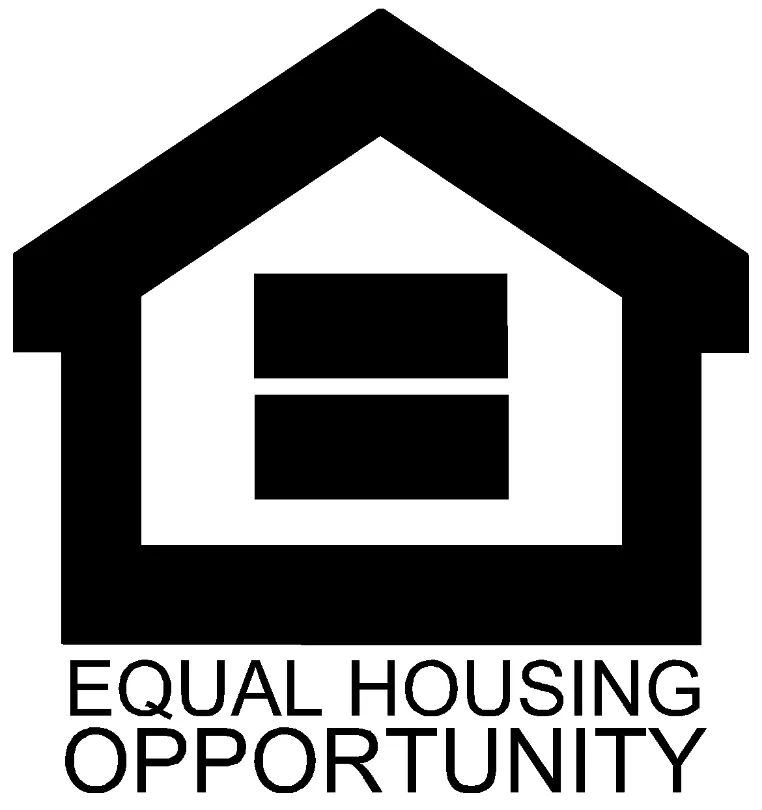Mortgage FAQs
What is a mortgage?
A mortgage is a loan specifically used to purchase real estate. The property itself serves as collateral for the loan, meaning that if the borrower fails to repay the loan, the lender can take possession of the property through foreclosure.
What are the different types of mortgages available?
There are various types of mortgages available, including fixed-rate mortgages, adjustable-rate mortgages (ARMs), government-insured mortgages (such as FHA loans and VA loans), jumbo loans, and more. Each type of mortgage has its own unique features and eligibility criteria.
How much can I borrow for a mortgage?
The amount you can borrow for a mortgage depends on several factors, including your income, credit score, debt-to-income ratio, down payment amount, and the lender's specific requirements. Lenders typically use these factors to determine your borrowing capacity.
What is the difference between a fixed-rate and adjustable-rate mortgage (ARM)?
With a fixed-rate mortgage, the interest rate remains constant for the entire term of the loan, providing predictability in monthly payments. In contrast, an adjustable-rate mortgage (ARM) has an interest rate that can fluctuate periodically based on market conditions, potentially leading to changes in monthly payments.
What is a down payment, and how much do I need?
A down payment is a percentage of the home's purchase price that you pay upfront. The amount required for a down payment varies depending on factors such as the type of mortgage, the lender's requirements, and your financial situation. Down payments typically range from 3% to 20% of the home's purchase price.
What are closing costs, and who pays them?
Closing costs are fees and expenses associated with finalizing a mortgage loan and transferring ownership of a property. They may include lender fees, title insurance, appraisal fees, attorney fees, and more. Both the buyer and seller typically incur closing costs, although the specific allocation can vary based on negotiation and local customs.
What is mortgage insurance, and do I need it?
Mortgage insurance is a type of insurance that protects the lender in case the borrower defaults on the loan. Depending on the type of mortgage and the down payment amount, you may be required to pay for mortgage insurance. For example, borrowers with a down payment of less than 20% on a conventional loan usually need to pay for private mortgage insurance (PMI).
What is pre-qualification vs. pre-approval?
Pre-qualification is an initial assessment of your borrowing capacity based on self-reported information, while pre-approval involves a more comprehensive evaluation of your financial documents by a lender. Pre-approval carries more weight and indicates that you are a serious buyer who has been vetted by a lender.
What factors affect mortgage interest rates?
Mortgage interest rates are influenced by various factors, including economic conditions, inflation, the Federal Reserve's monetary policy, the borrower's creditworthiness, the loan term, and market demand for mortgages. Rates can fluctuate daily based on these factors.
What happens if I can't make my mortgage payments?
If you're unable to make your mortgage payments, it's important to contact your lender as soon as possible to discuss your options. Depending on your circumstances, options may include loan modification, refinancing, forbearance, or selling the property. Failure to make mortgage payments can lead to foreclosure, which is the legal process by which the lender repossesses the property.

Christopher Call
Mortgage Expert
NMLS 2498034
CO 100537234
720-491-1213
Get a personalized and successful home loan approval experience
See how much you qualify for in 60 seconds or less.
Powered by Red Rocks RealEstate Lending
NMLS 2661672

